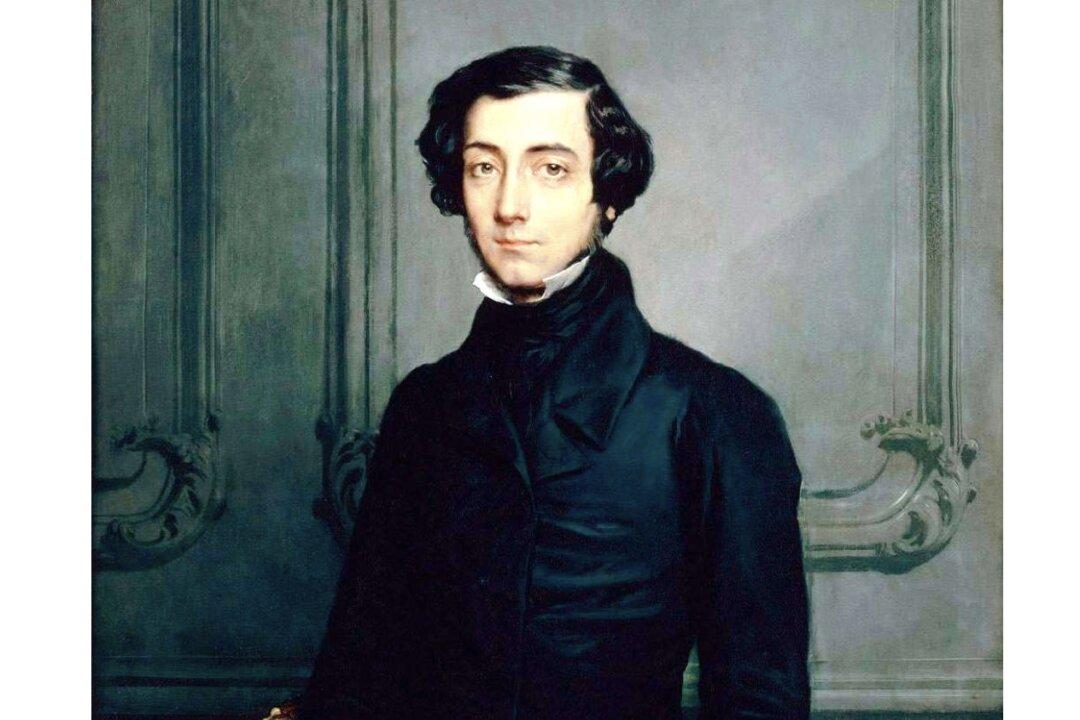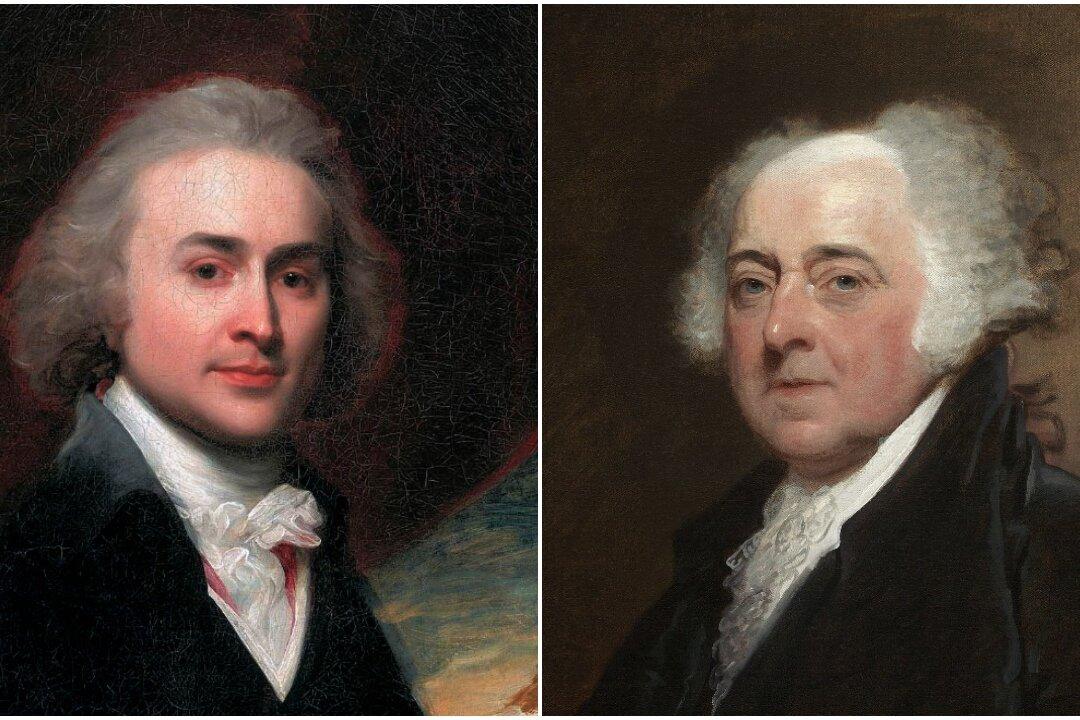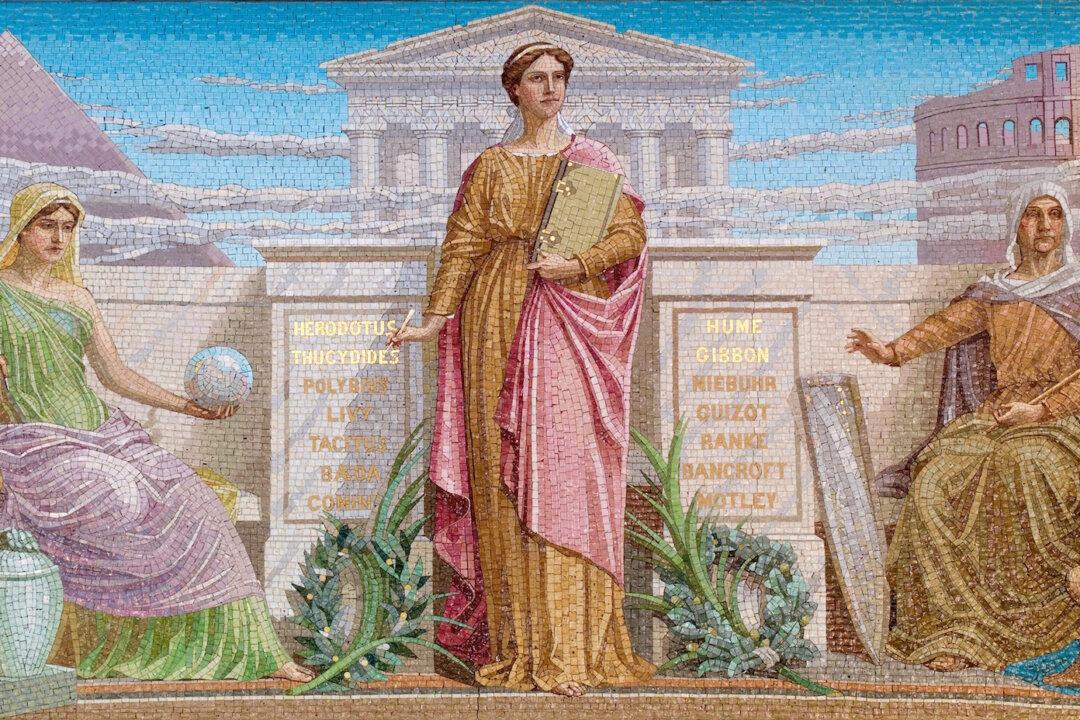At the end of his seminal work, “Democracy in America,” Frenchman Alexis de Tocqueville offered a stunningly prescient “prophecy” of how democratic institutions could easily fall into a tyranny unlike anything the world had ever seen before. Nearly two centuries later, his “prophecy” seems to draw closer and closer to fulfillment every day, if it hasn’t been fulfilled already.
He opens his “prophecy” with this bracing assertion:





